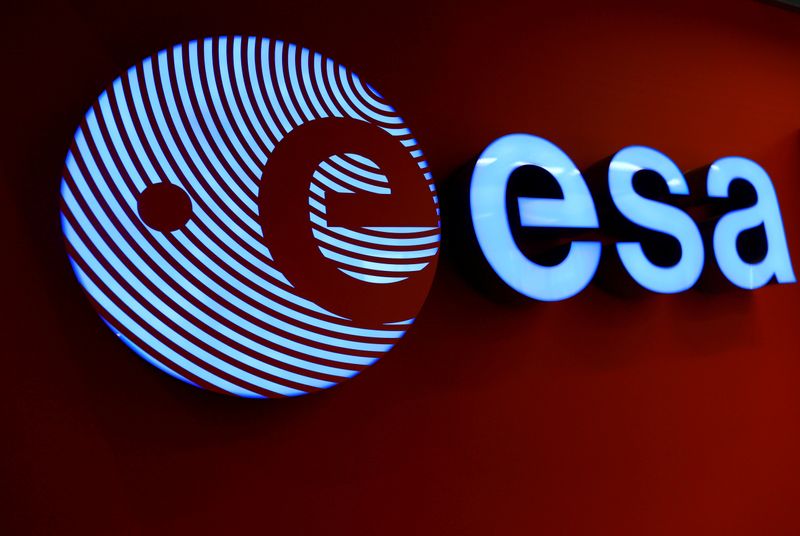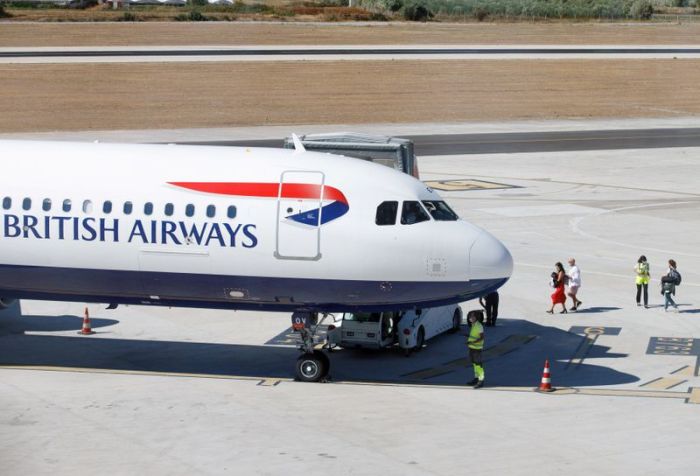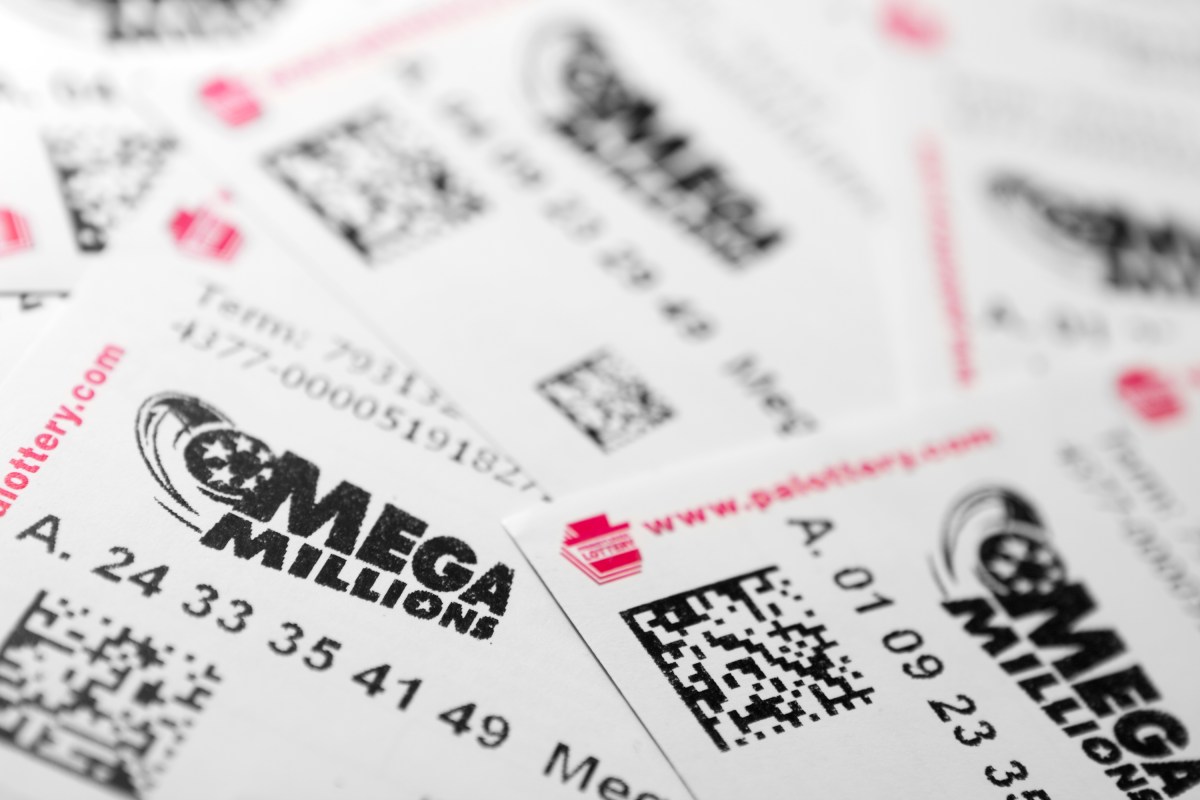DARMSTADT, Germany (Reuters) – The European space agency (ESA) signed a deal worth 129 million euros ($154 million) on Tuesday to make a spacecraft for a joint project with NASA looking at how to deflect an asteroid heading for Earth.
NASA is due to launch a spacecraft in June 2021 set on a collision course with the Dimorphos asteroid to test whether it would be possible to nudge objects that might be threatening Earth onto a safer path.
ESA will then launch its spacecraft – named Hera after the Greek goddess of marriage – in October 2024 to map the resulting impact crater and measure the asteroid’s mass, reaching the area in late 2026 for a six-month survey.
The mission is reminiscent of the 1998 film Armageddon, in which actor Bruce Willis plays a member of a team sent to destroy an asteroid to save Earth.
“We want to try for the first time to steer an asteroid on its potential collision course with Earth,” ESA director Rolf Densing told Reuters television.
Dimorphos has a diameter of 160 metres, about the width of the Great Pyramid of Giza in Egypt, which ESA said was big enough to destroy an entire city if it were to hit Earth.
Hera, set to be only the size of a desk, should navigate autonomously around the asteroid while it collects data. It will also launch mini satellites – 10 cm cubes which will be able to fly much closer to the asteroid’s surface.
Marco Fuchs, chief executive of German space and technology group OHB that will develop the Hera craft, said trying to divert an asteroid was like “playing billiards” and noted the challenge of steering towards such a small celestial body.
“You have to steer very precisely, you have to find it first and then approach it in such a way that you can really observe what has happened as a result of the impact of the American probe,” he said.
($1 = 0.8413 euros)
(Reporting by Tilman Blasshofer, writing by Emma Thomasson, editing by Alexandra Hudson)
























